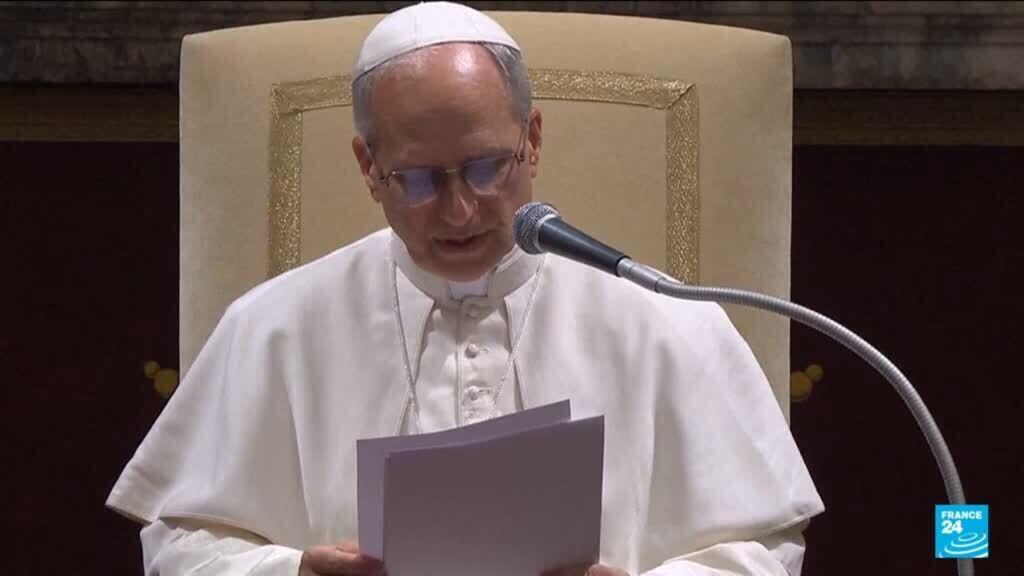More than one million Europeans have signed a petition urging the European Union (EU) to implement a ban on "conversion" practices that target LGBTQ individuals. The results, announced on Friday, reflect a growing demand for legal protections against harmful therapies and methods aimed at changing a person's sexual orientation or gender identity.
The petition was organized by a coalition of LGBTQ rights groups, activists, and supporters who have long advocated against conversion therapy, which has been widely condemned by medical and psychological associations. These practices, often rooted in discrimination and prejudice, can lead to severe psychological damage and trauma for the individuals subjected to them.
The campaign gathered significant momentum across various EU member states, indicating both a heightened awareness of LGBTQ rights and a commitment to combating discrimination. By surpassing the one million signatures threshold, the petition demonstrates considerable public support for the ban, highlighting a collective voice advocating for the dignity and rights of LGBTQ persons throughout Europe.
Supporters of the petition argue that EU action is critical, as conversion therapies can often be practiced in both public and private settings, sometimes even legitimized by local religious or cultural institutions. Many countries within the EU have varying degrees of legal protections for LGBTQ individuals, and advocates argue that a unified approach at the EU level could enhance the effectiveness of these protections.
In addition to protecting individuals from harmful practices, the petition's supporters assert that a ban would send a strong message that the EU is committed to upholding human rights and dignity for all citizens, regardless of their sexual orientation or gender identity. It also aims to challenge the stigma that persists around LGBTQ identities in many parts of Europe.
The call for an EU-wide ban on conversion therapy aligns with international human rights obligations, as many nations have recognized the harmful nature of these practices and have moved towards prohibiting them. Countries such as Malta, Germany, and the Netherlands have already instated bans, and advocates are now pushing for all EU member states to follow suit.
As the petition gains traction, it puts pressure on EU lawmakers to take action swiftly. Legislators are now faced with the challenge of translating the clear public sentiment against conversion practices into concrete legislative measures that would ensure protection for LGBTQ individuals across Europe.
While the petition signifies an important moment in the fight against discrimination, advocates acknowledge that the journey toward comprehensive legal protections for LGBTQ individuals is ongoing. They emphasize the importance of education and awareness initiatives to complement legal bans, ensuring that society as a whole recognizes the dignity of LGBTQ lives.
With the EU Parliament now set to consider the petition, the next steps are crucial. Lawmakers will need to deliberate on the appropriate measures to adopt, reconciling differing national laws and practices within the EU framework. The high level of public support illustrated by the petition could influence the legislative process, fostering a stronger commitment among EU officials to combat prejudice and discrimination.
Overall, the push to ban conversion practices in the EU represents a significant societal shift towards acceptance and equality for LGBTQ individuals. As momentum builds and discussions continue, the hope is that legislative action will follow, paving the way for a more inclusive and equitable Europe.












